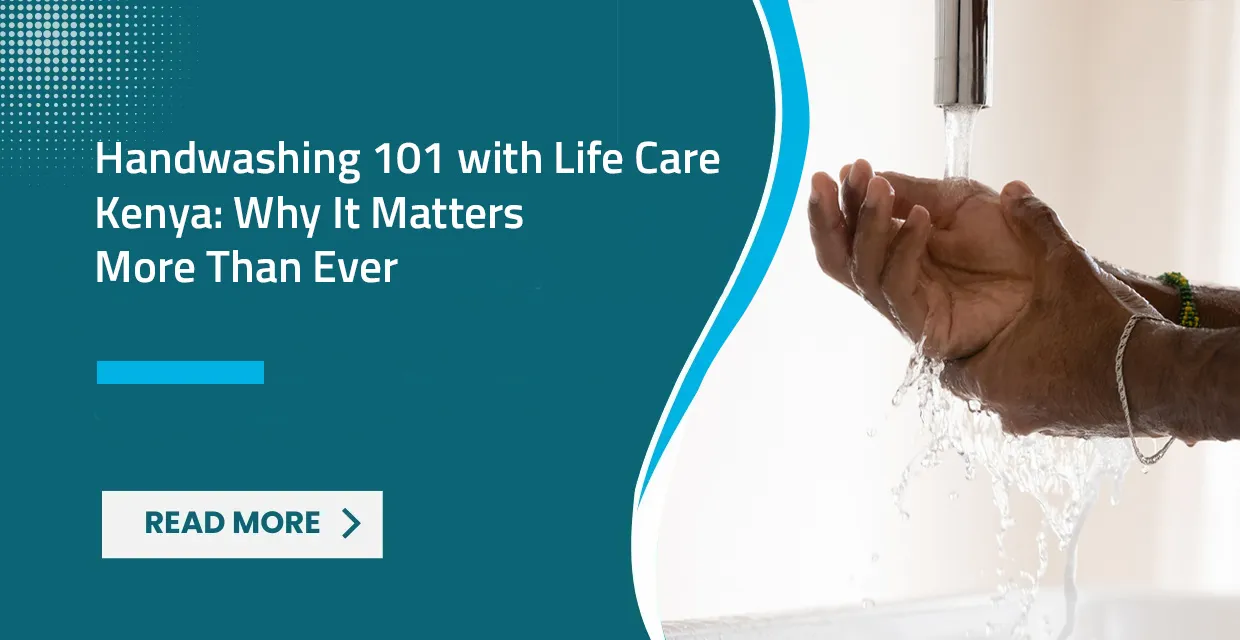In a world that's increasingly aware of global health challenges, simple actions can make a significant difference. Handwashing, a practice as old as time, emerges as a front-line defense against many illnesses. LifeCare Hospital sheds light on why this simple act is more critical now than ever before.
The Science of Handwashing
Water and soap, when combined with friction, can break down and wash away germs, including viruses and bacteria. Hands touch numerous surfaces throughout the day, acting as conduits for germs to spread. Regularly washing hands ensures that these harmful pathogens are removed, reducing the risk of transmission.
The Global Health Context
Recent global events, like the COVID-19 pandemic, have made hand hygiene more essential than ever. Resilient strains of bacteria and new viral threats underline the necessity for consistent and effective handwashing habits.
Steps to Effective Handwashing
Life Care Hospital recommends the following steps for a thorough hand wash:
Wet hands: Use clean, running water (warm or cold) to wet your hands before applying soap.
Lather up: Rub your hands together with soap, ensuring you cover all parts, including between fingers and under nails.
Scrub for 20 seconds: This is roughly the time it takes to hum the "Happy Birthday" song twice.
Rinse thoroughly: Remove all soap with clean, running water.
Dry hands: Use a clean towel or air dry them.
Myths About Handwashing
LifeCare Hospital often encounters various myths regarding hand hygiene. Some common misconceptions include:
Hand sanitizers replace handwashing: While sanitizers can be effective against some germs, they are not a complete substitute for washing hands with soap and water, especially when hands are visibly soiled.
Washing hands frequently causes skin damage: While excessive washing can dry skin, using a mild soap and moisturizing afterward can mitigate such effects.
All soaps are the same: Antibacterial soaps are not necessarily more effective than regular ones. It's the action of scrubbing, lathering, and rinsing that provides the maximum benefit.
Handwashing in the Community
Promoting hand hygiene is not just an individual effort but a collective one. Schools, businesses, and community centers play a pivotal role in ensuring facilities and knowledge for proper handwashing are available. LifeCare Hospital has often collaborated with local communities to conduct workshops, distribute soap, and set up handwashing stations in areas where access to clean water might be limited.
Hand Hygiene and Children
Educating children about hand hygiene from a young age can set them up for a lifetime of good health habits. Schools, along with parents, should reinforce the importance of washing hands before eating, after using the bathroom, and when coming in from outdoor activities. Interactive methods, such as songs, stories, or games, can make the learning process engaging and effective.
Conclusion
Handwashing, while simple, holds the power to transform public health outcomes. LifeCare Hospital's dedication to shedding light on its importance underscores their commitment to community well-being. In a world that's constantly evolving, it's comforting to know that some of the best defenses against diseases remain rooted in age-old practices. Remember, every time you wash your hands, you're not just protecting yourself, but also those around you. Embrace this act, spread awareness, and let's collectively make our communities healthier.



